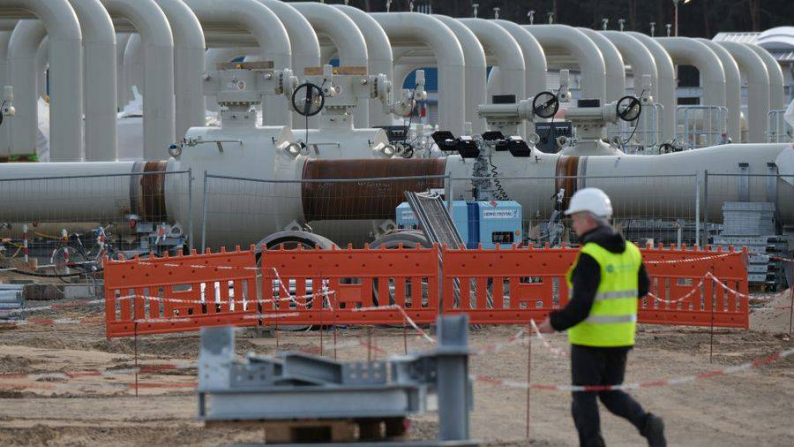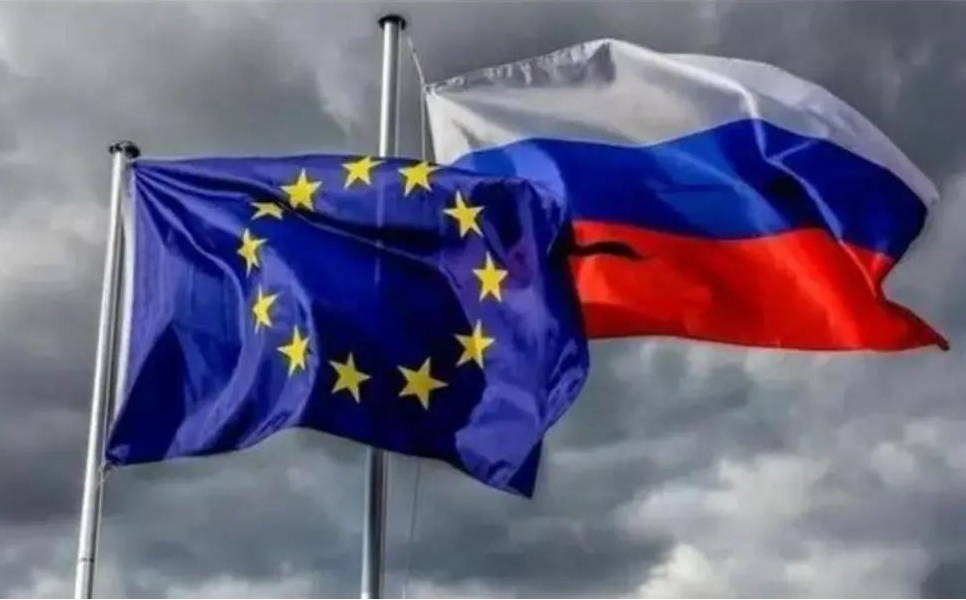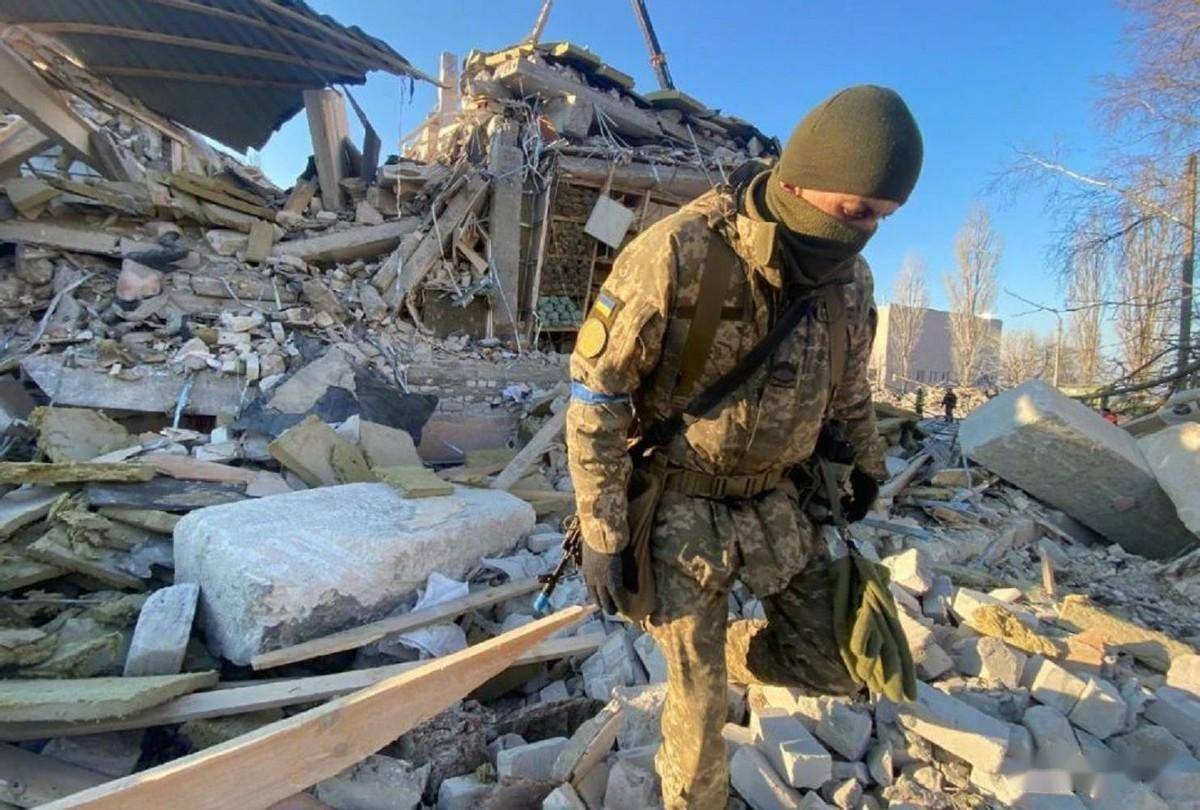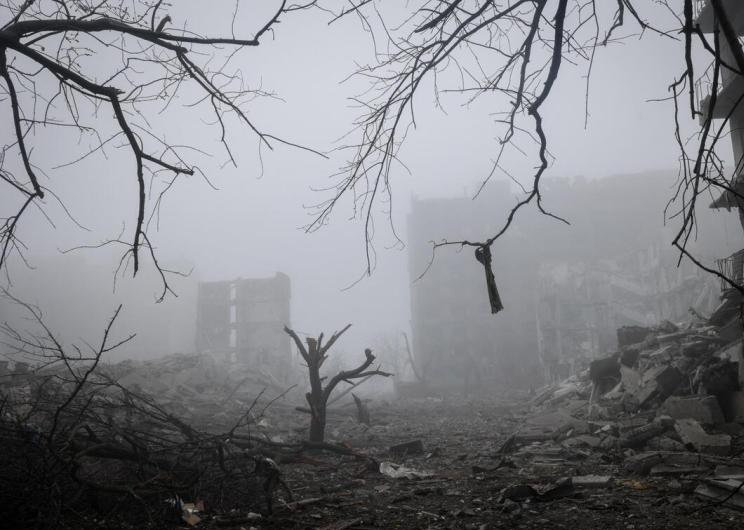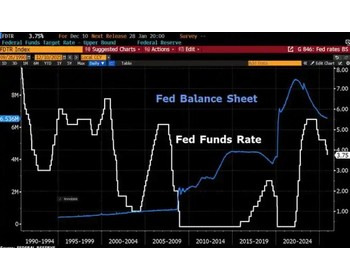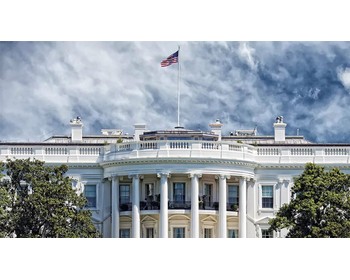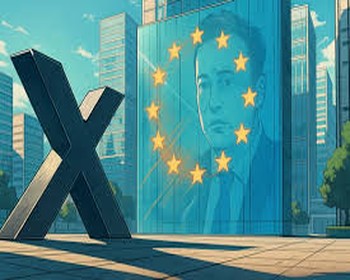Recently, the rapid decline in the price of natural gas in Europe has aroused the attention of all parties around the world, as of now, the price of natural gas in Europe has fallen to 27.8 euros/megawatt hour, compared with the price of 345 euros/megawatt hour in the third quarter of 2022 after the geopolitical conflict, the decline is more than nearly 90%, and the decline can be described as amazing.
Why is Europe's once-glorious natural gas deficient? There are several factors involved. First, Europe has plenty of its own gas. According to the data, the EU's natural gas reserves are still close to 80%, much higher than the average level of the past five years, and it can be said that this winter heating is not a worry. In addition, Norwegian oil and gas companies have started new exploration projects, with 40 to 50 Wells expected to come on stream this year. At the beginning of January, European gas inventories remained high at 86%. In the absence of additional demand surges or supply shocks, European gas reserves are expected to remain at around 50% at the end of the heating season, higher than the average of previous years. This high inventory situation has undoubtedly significantly eased the previous concerns about gas shortages in Europe.
The second is a gradual decline in demand. The overall performance of the EU economy in 2023 is poor, especially Germany, which is the "locomotive" of the European economy, has fallen into economic recession, and the demand for natural gas is very low due to the lack of industrial construction, which is the main reason for the decline in natural gas prices. Recent data show that Europe's demand for natural gas is falling due to the economic downturn. According to ING statistics, gas demand in the euro area in 2023 is down 7% compared to 2022 and 16% compared to the 2017-2021 average, underscoring the impact of weak economic activity on gas prices.
Third, other countries are holding them back. In the long term, EU countries are still dependent on Russian energy supplies, and are also constrained by other suppliers. Since the conflict between Russia and Ukraine, Europe has been heavily dependent on US gas. Just last week, Biden announced the suspension of export approvals for new liquefied natural gas projects, which added to the woes of European gas, and it is likely that the re-opening of approvals will come after the US presidential election, and it is not clear whether Europe can hold on for nearly a year. Arguably, Europe's growing dependence on US LNG is becoming increasingly dangerous.
Fourth, geopolitical influences will have a certain impact. Although tensions in the Red Sea have recently caused disruptions to global liquefied natural gas (LNG) shipments, Qatar Energy, a major gas supplier to Europe, has stopped tankers from passing through the Red Sea, but there are still alternate bypass routes to supply LNG to Europe. At the same time, in the European LNG supply structure, the United States has replaced Qatar as the largest LNG exporter. Therefore, although the situation is stabilizing, the crisis of the situation in the Red Sea still exists, which has a certain impact on the gas supply in Europe.
Although the European natural gas market has ups and downs, in fact, from the perspective of supply and demand fundamentals, the European natural gas market is still facing price pressure in 2024. The agency forecasts that the sluggish demand for natural gas in Europe will continue in the first quarter of 2024, down about 15% from the average of the past five years. While eurozone gas demand is expected to pick up in the second quarter, the overall recovery will be limited. On the supply side, new global LNG export capacity in 2023 is limited; In 2024, affected by the increase of LNG export capacity in the United States, the new LNG supply in the global market will increase by 525% compared with 2023, and a large number of exports will be aimed at the European market.
The recent volatility in the European gas market is a combination of short-term supply and demand dynamics and medium - to long-term changes in the energy mix. There is no doubt that European energy policy is effective if viewed from the perspective of overcoming the energy shortage predicament after the Russia-Ukraine conflict. However, if we start from the original intention of promoting energy independence, which is the adjustment of the energy structure in Europe, the current situation reflected in the market is worth reflecting. The lack of natural gas in Europe at this stage is caused by internal and external factors, as well as the international situation and geopolitical incentives. How to make the whole Europe not short of "gas" and build up sufficient confidence will be an important test of the wisdom of European leaders in the future.

